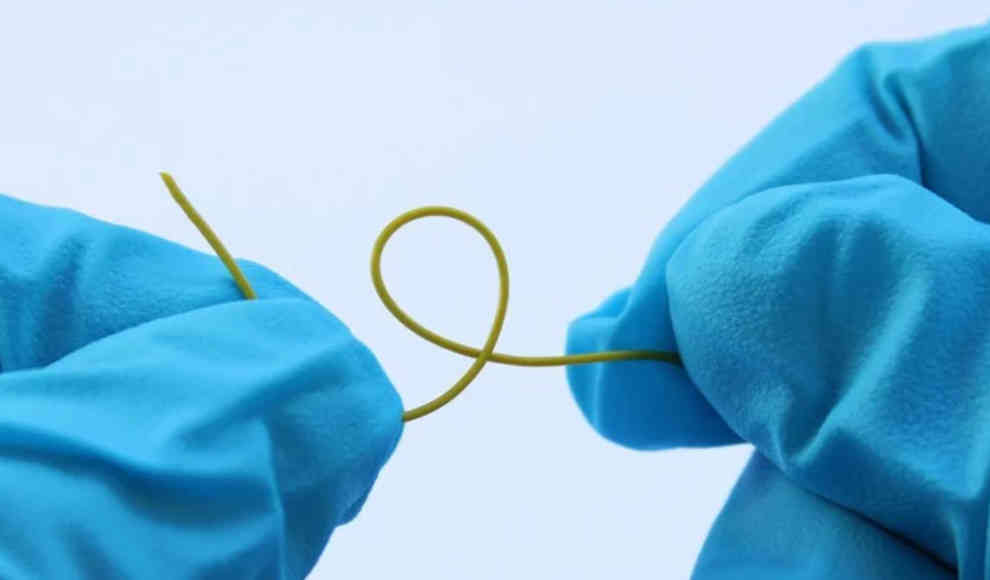A new treatment for severe periodontitis has been developed by scientists at Martin Luther University Halle-Wittenberg (MLU) in Germany. Currently, patients with severe periodontitis are required to take antibiotics that can have negative side effects on the entire body. However, the new treatment involves the use of biodegradable polymer sticks that are inserted into the gum pockets, allowing for a local treatment that reduces the side effects. Periodontitis is a common bacterial infection that affects the gums and can lead to the formation of pockets between the teeth and gums, ultimately resulting in tooth loss. The infection can also spread to the rest of the body, leading to other health problems such as pneumonia and heart attacks.
The current treatment for severe periodontitis involves regular dental cleanings and the use of antibiotics, which can have negative side effects on the entire body. The new treatment developed by MLU scientists involves the use of biodegradable polymer sticks that are inserted into the gum pockets. The sticks slowly release a broad-spectrum antibiotic over a period of 42 days, reducing the amount of medication required and the risk of bacterial resistance. The sticks have been found to be more effective than current market products and have already been patented by the scientists. Clinical trials are expected to confirm the effectiveness of the new treatment, and if successful, the sticks could be available in a few years.
The new treatment offers a more tolerable and effective solution for patients with severe periodontitis. The use of local treatment reduces the negative side effects of antibiotics on the entire body, and the reduced amount of medication required reduces the risk of bacterial resistance. The development of the biodegradable polymer sticks is a significant step forward in the treatment of periodontitis, and clinical trials are expected to confirm their effectiveness. If successful, the sticks could be available in a few years, offering a better treatment option for patients with severe periodontitis.










